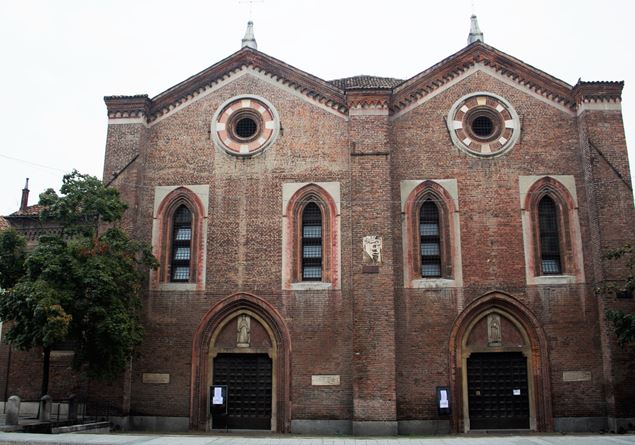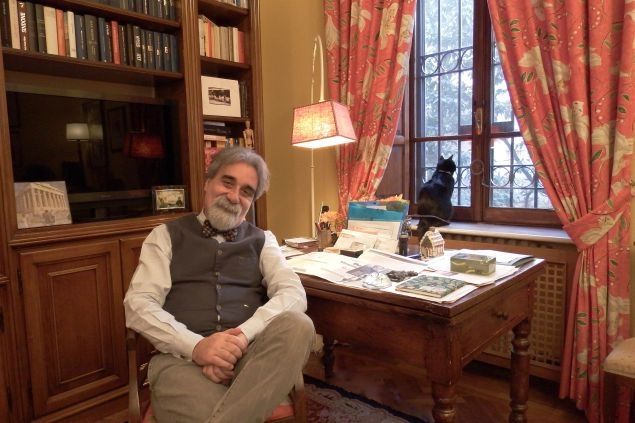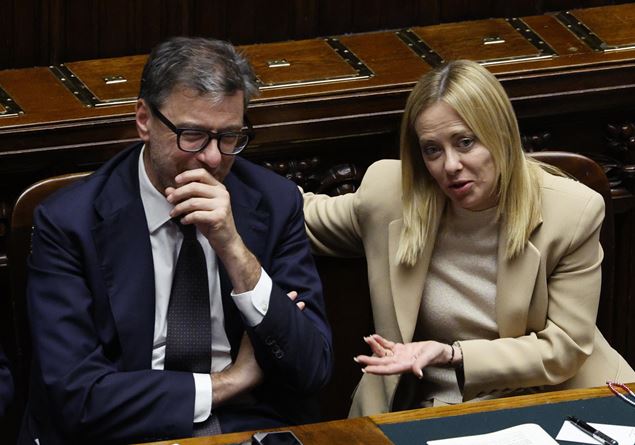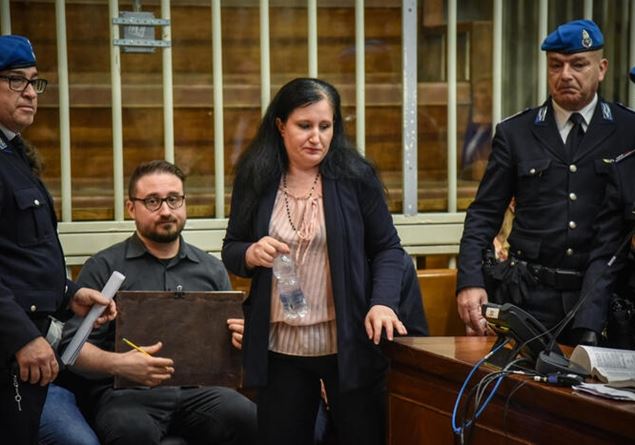“The Eucharist is my highway for Paradise.” The cardinal Marcello SemeraroPrefect of the dicastery of the causes of the saints, recalls one of the most cited phrases of Carlo Acutis To explain that it is there, “in that anchoring to Christ, the foundation of the holiness of the boy” who died on 12 October 2006, at just 15 years old, and which on Sunday 7 September will be canonized by Pope Leo XIV ins together with Pier Giorgio Frassati. The next day, at 12 noon, in the Basilica of San Pietro, The thanksgiving mass is scheduled which will be chaired by Cardinal Semeraro.
Eminence, less twenty years have passed since Acutis’ death. A quick process?
«There have also been others, in the history of the Church, so quick. There is no doubt, however, that in this case the so -called “fame” of holiness played an important role. Obviously I am not talking about that ephemeral fame that can be the simple notoriety, but of the canonical concept, of the sense of the faith expressed by the people of God who has known this figure ».
This fame spread immediately. How come?
«He certainly also contributed the fact that he was a teenager and that he knew how to use the Internet. He immediately attracted his peers also from very distant countries, from Brazil, from Mexico, for example. And it began, almost with a word of mouth, to invoke its intercession in case of accidents, diseases, various needs ».
Studying his life what emerged from these fifteen years?
«A growth of Christian awareness, an availability of mind, almost as a child. He was attentive to inner life, to Eucharistic devotion. In the testimonies that we have examined for the cause of canonization, he impressed me with his phrase on the Eucharist as a motorway for Paradise. It is a beautiful and intelligent image. But it’s not just an expression. One of the people who worked for his family and who took care of it from the age of four until his death said that, since the first communion, he had had a particular love for the body of Christ. He, who was not of Christian religion, was amazed. He had the task of accompanying him to school and other commitments. Every day he also brought him to the parish and here, at the end of the prayer, he approached the tabernacle with the consecrated host and stroked it with it almost to say: “Here is Jesus”. He did not do it for exhibitionism, so much so that, said the witness, it was a gesture that did not make if someone else was in church. This attention is very particular for a teenager. I believe it was this trueness of love to the Eucharist who made him walk away via della holiness ».
He had also made the web available to this love.
«Yes, urged by the parish, but also driven by his desire he had created a site with a sort of exhibition on Eucharistic miracles. He had done it seriously, managing to involve his peers too ».
So isn’t it just the moment of the disease that makes a saint?
«That was, so to speak, the moment of truth. In many ways he had had an easy life, in a wealthy family, without too many problems. Of course, there was this love for the Eucharist, a certain attention to the poor, the use of the Internet to talk about faith. But it is the diagnosis, which grasps both the parents and him by surprise, who brings out his maturity. His reaction tells us about the authenticity of his journey. Instead of despairing he immediately says he is happy to go to heaven. He was not prepared for that news, he dies in a few days, but reacts immediately thinking of consolating parents, friends, relatives with a certainly uncommon serenity in a teenager ».
Why did he ask to be buried in Assisi?
«The parents had a house in Umbria and he was very impressed by the figure of St. Francis. He was fascinated by it and wanted to express the sign of this harmony ».
There have been many controversies for the relics also sold on the net.
«The family gave Carlo’s body to the diocese of Assisi. Until the moment of beatification, the Church does not allow relics to be packaged by a body. After there are the so -called contact relics, for example, we think of an object of that person, or so -called ones former body. The latter is an existing practice but which is going in disuse. In any case, it is forbidden to trade them: it is very serious that this happened with Acutis, both in terms of the ecclesiastical and moral crime ».









